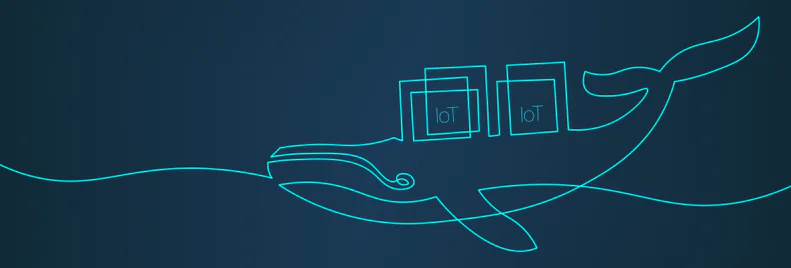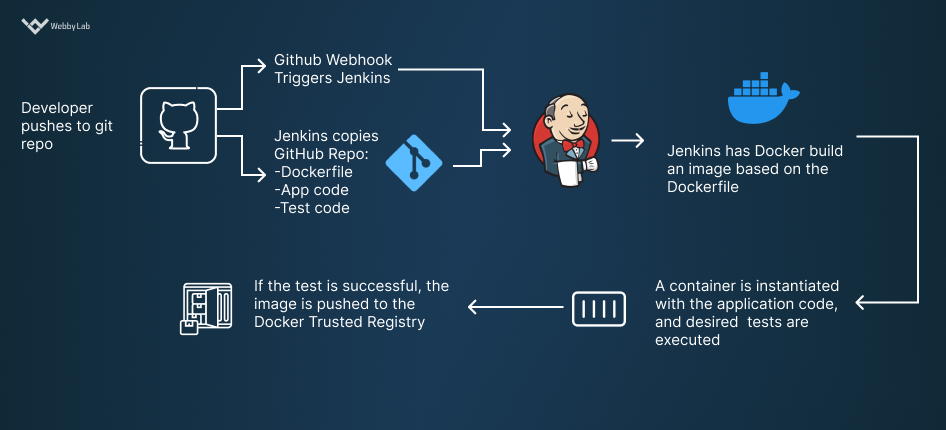How to Use Docker for IoT Apps Rapid Deployment
Written by:

Kostiantyn Oliynyk
Head of IoT at Webbylab
With a robust academic background in Telecommunication Systems Engineering, I apply my knowledge to lead innovations in the IoT domain. Starting as the first team member in the newly formed IoT department at WebbyLab, I've spearheaded its growth, fostering the expansion into embedded and hardware development alongside our core software projects. My dedication lies in pushing the boundaries of IoT technology, fostering a culture of innovation and excellence that profoundly impacts our clients' operational success.
Docker enables the rapid and easy development of containers, which are applicable to nearly any physical hardware. In the case of IoT app development, Docker containers are used with various Linux-powered devices.
Applying Docker for IoT development helps address various challenges. Docker containers require minimal hardware resources and configuration, have larger geographical distribution, enable a variable software configuration for the IoT device and update IoT applications.
To hire Docker experts for the IoT project, it’s essential to search for candidates familiar with app containerization and possessing practical experience working with Docker and IoT apps development.
Additionally, they should understand the DevOps basics and Google Go programming language and be ready to work with the development tools and containerized environments in other languages.
Some other Docker alternatives that allow the efficient creation of applications for the IoT are Amazon ECS, Google Kubernetes Engine (GKE), Red Hat OpenShift, Rancher, and Azure Container Instances.
To define the most efficient container solution for your IoT development project, we recommend requesting a consultation from a dedicated IoT development company, such as WebbyLab. Our experts are always here to help you with the right solution which ideally works for your business.






